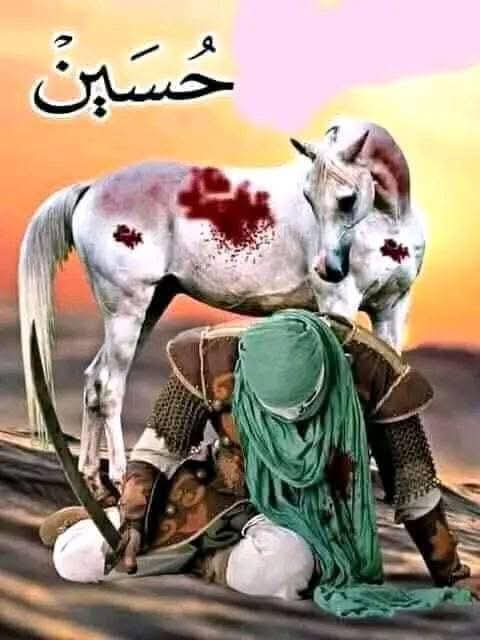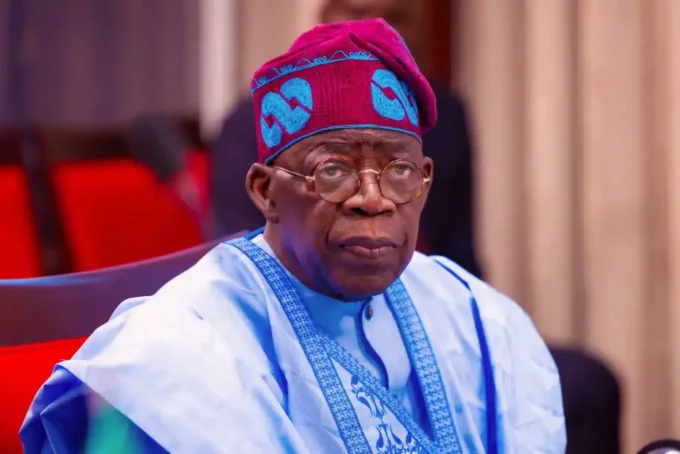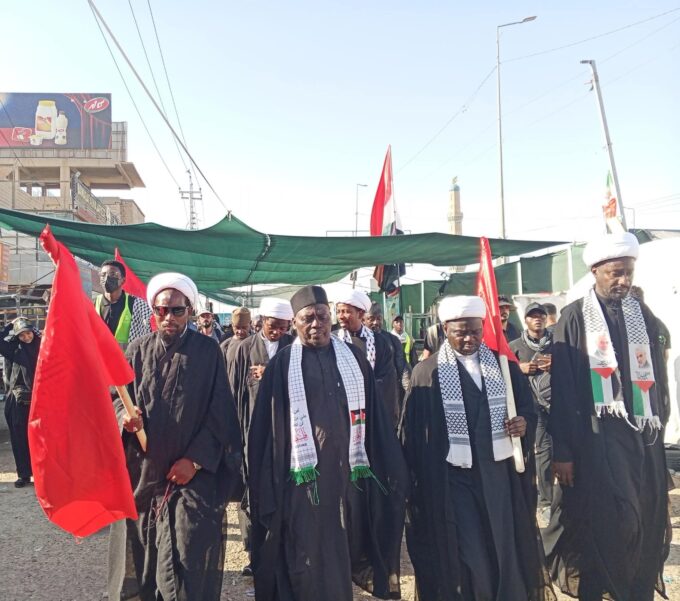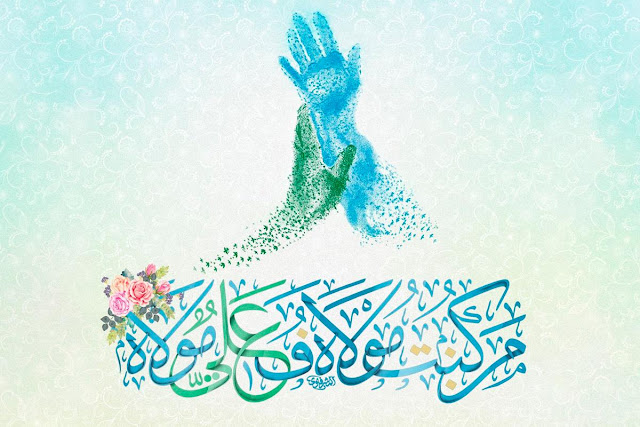Each year, the month of Muharram casts a solemn shadow across the Islamic world. At its heart lies one of the most defining and heart-wrenching moments in Islamic history—the tragedy of Karbala, which occurred on the 9th and 10th days of Muharram in 61 AH (680 CE). These days, known as Tasu’a and Ashura, mark the martyrdom of Imam Husayn ibn Ali (AS), the beloved grandson of Prophet Muhammad (SAW), and the brutal massacre of his family and loyal companions on the scorching plains of Karbala.
But Karbala is not just a historical event to be mourned—it is a moral compass, a call to conscience, and an everlasting symbol of resistance against tyranny, oppression, and moral decay.
The backdrop: Politics, Power, and Principle
Following the death of Mu’awiyah ibn Abi Sufyan, his son Yazid ibn Mu’awiyah assumed leadership of the Muslim Ummah in 60 AH. Unlike the previous caliphs, Yazid’s rule was marked by flagrant immorality, disregard for Islamic principles, and an unrelenting thirst for power. Imam Husayn (AS), known for his piety, wisdom, and untainted lineage, refused to give legitimacy to such a corrupt regime by pledging allegiance.
Husayn’s stand was not for power or political gain—it was a refusal to endorse falsehood. In his own words: “I have not risen to spread evil, or to show off. I only desire to reform the nation of my grandfather. I want to enjoin good and forbid evil.”
This singular act of defiance set the stage for a confrontation that would forever reshape the moral consciousness of the Muslim world.
The Events of the 9th and 10th of Muharram
Tasu’a (9th Muharram):The eve of battle was heavy with sorrow. Surrounded by the massive army of Yazid—estimated to number around 30,000—Imam Husayn and his mere 72 followers prepared for the inevitable. On this day, Yazid’s commander, Umar ibn Sa’ad, received strict orders to either extract allegiance from Husayn or engage in battle.
Imam Husayn requested one final night. He and his companions spent it in prayer, recitation of the Qur’an, and intimate communion with their Lord. It was a night of spiritual preparation, not fear—of trust in divine justice, not despair.
Ashura (10th Muharram):The morning sun rose upon a scene of courage, sacrifice, and unflinching faith. One by one, Husayn’s companions fell—his cousins, friends, half-brothers, even his 6-month-old son, Ali al-Asghar, who was cruelly struck with an arrow while in his father’s arms.
By afternoon, the battlefield was soaked in blood. Imam Husayn stood alone, wounded and exhausted. With no one left to fight beside him, he offered his final prayers before being brutally martyred. His head was severed and raised on a spear. The women and children of his household were taken captive and paraded through the streets of Kufa and Damascus.
The Lessons of Karbala: For All Times and Peoples
- The Triumph of Principles over Power
Imam Husayn’s refusal to bow to injustice reminds us that truth must never be compromised, even when the cost is life itself. Karbala teaches that a single principled stand can outlive empires.
2. Resistance to Tyranny is Worship
By standing against Yazid’s illegitimate rule, Husayn embodied the Qur’anic principle: “And do not incline to those who do wrong, lest you be touched by the Fire.” (Qur’an 11:113)
His resistance was not rebellion—it was reform, rooted in divine obligation.
3. Women as Pillars of the Struggle
The role of Sayyidah Zaynab (AS)—Imam Husayn’s sister—demonstrates the powerful role of women in preserving truth and challenging injustice. Her fearless speeches in the courts of Yazid exposed his cruelty and immortalized her brother’s message.
4. Martyrdom is Not Defeat
Imam Husayn may have been slain, but his message lives on. As the poet says, “Every land is Karbala, and every day is Ashura.”Martyrdom in the path of righteousness is not death—it is a rebirth that breathes life into generations.
5. Unity Through Justice, Not Coercion
Karbala warns against forced political unity at the cost of justice. Unity built on injustice is hollow. Imam Husayn’s struggle teaches that authentic unity comes only when truth and equity are upheld.
The Relevance Today
In a world plagued by oppression, injustice, corrupt leadership, and moral compromise, Karbala remains our mirror. It forces each generation to ask: Where do we stand when falsehood reigns?
Do we speak truth to power, or remain silent out of fear?
Are we Yazid’s subjects, or Husayn’s followers?
From Palestine to Kashmir, from Nigeria to Myanmar, Karbala is relived wherever people are persecuted and dignity is denied. Its message is global and timeless.
Conclusion: Karbala Is the Heartbeat of Justice
Imam Husayn’s blood was not spilled in vain. It irrigated the tree of justice, watered the roots of resistance, and lit a torch that guides the oppressed across centuries. Mourning Karbala is not merely ritual—it is a call to action. To mourn Husayn is to align with the oppressed. To remember Ashura is to renew our vow: never to submit to tyranny, never to betray truth, never to stand idle when injustice prevails.
As the saying goes: “Husayn is from me, and I am from Husayn.” – Prophet Muhammad (SAW)Let every Ashura rekindle the fire of moral courage within us. In Karbala, the sword did not win—the word did. And it still speaks, echoing across time:
“Death with dignity is better than life with humiliation”.













Leave a comment